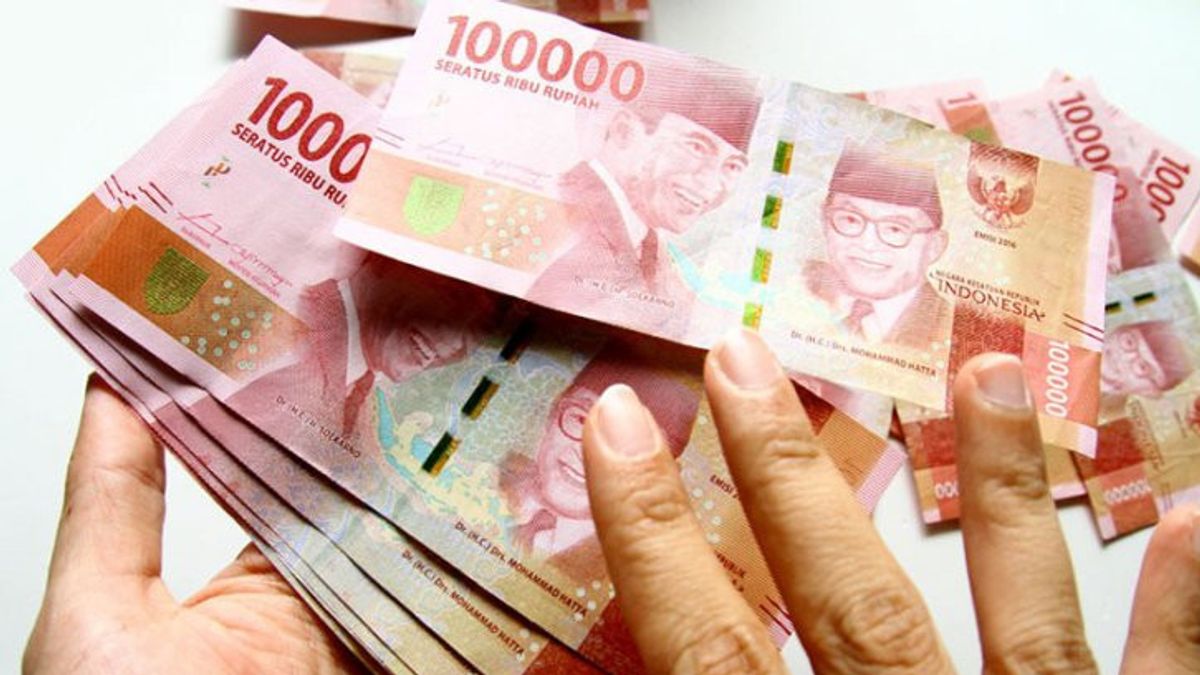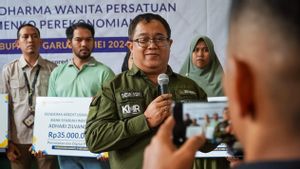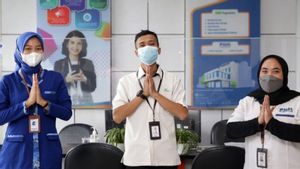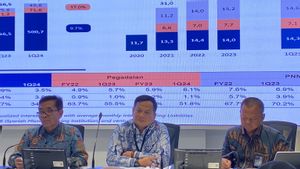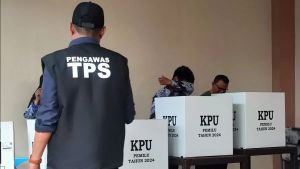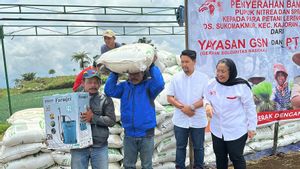BOGOR - The Ministry of Cooperatives and SMEs (Kemenkop UKM) realizes that the implementation of the distribution of people's business loans (KUR) is still not optimal. Therefore, the government will implement three strategies so that the distribution of KUR can provide a driving force for the performance of the national economy.
In 2023, the government targets the distribution of KUR of IDR 297 trillion. However, only IDR 260.26 trillion was distributed to 4.64 million debtors.
"Last year, KUR did not reach the target. We have seen symptoms, stagnation in the distribution of KUR. Therefore, breakthroughs are needed," said Expert Staff for Inter-Institutional Relations of the Ministry of Cooperatives at SMEs Riza Damanik in the 2024 Journalists Orientation in Bogor, West Java, Thursday, May 16.
Based on data from the Coordinating Ministry for SMEs, the realization of KUR distribution until May 12, 2024, reached IDR 97.7 trillion for 1.67 million debtors. This amount is divided into a super micro KUR of IDR 466 billion for 52,693 debtors, a micro KUR of IDR 66 trillion for 1.49 million debtors, a small KUR with a realization of IDR 30.7 trillion for 127,923 and a KUR for Indonesian workers of IDR 8.6 billion for 352 debtors.
"The number of debtors is no longer small or individual. However, at least it can be registered in a significant amount," he said.
Thus, Riza said that there are at least three things that can be done to encourage the realization of KUR distribution. First, encourage the implementation of the credit scoring system. The government encourages the integration of credit scoring models to MSME players, so that they can get access to financing more easily.
"This is still being explored, it is still in process. Hopefully it can be one of the drivers," he said.
SEE ALSO:
Second, take a cluster KUR approach. Currently, as many as 39 clusters have been developed and integrated in the implementation of KUR clusters. In the future, KUR debtors who are considered to have similarities will be aggregated in one cluster.
"For example, a souvenir cluster. So this souvenir cluster becomes a part of cheap financing. So, later the engagement will be much bigger than people," he said.
Third, a breakthrough with a hybrid method. Especially in development related to the corporatization of farmers and fishermen. For example, the Al It-tikaq Islamic Boarding School Cooperative in Ciwidey Bandung which accommodates and consolidates around 1,200 vegetable farmers.
"The cooperative ensures that all the products of farmers are purchased, building large partnerships and businesses. So there is an ecosystem that is formed. Thus, what happens is that banks will distribute KUR," he added.
The English, Chinese, Japanese, Arabic, and French versions are automatically generated by the AI. So there may still be inaccuracies in translating, please always see Indonesian as our main language. (system supported by DigitalSiber.id)
